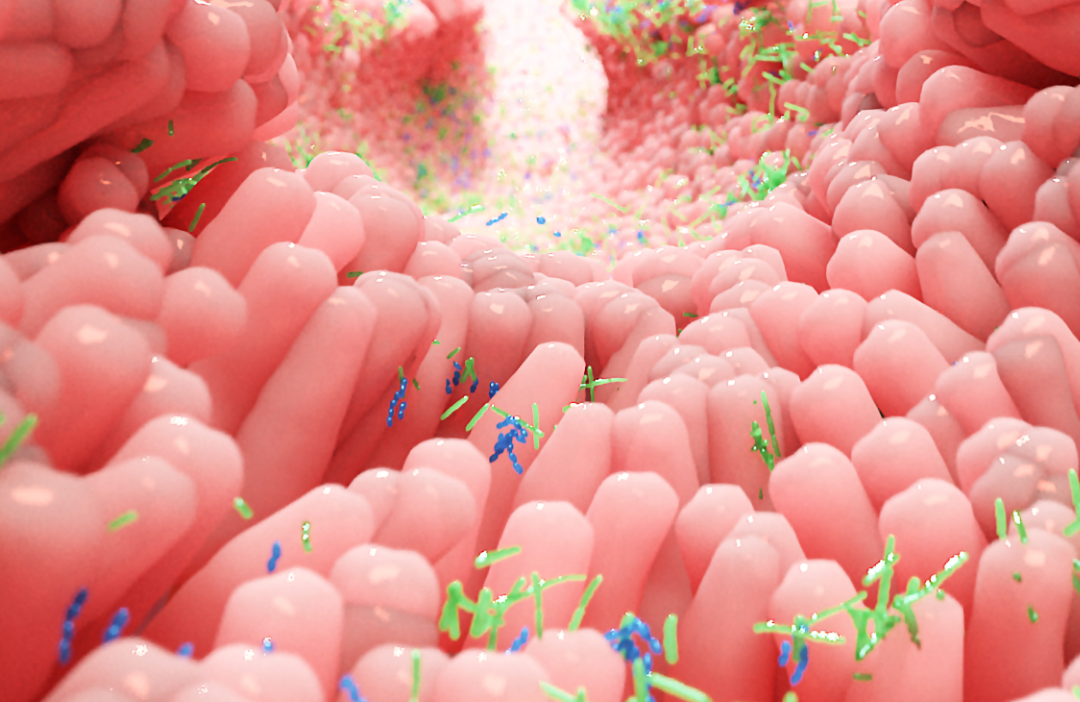The Gut Goddess Guide: Thriving Through Menopause with a Healthy Microbiome
Jun 02, 2025
The Gut-Microbiome-Menopause Connection
Your gut microbiome is home to trillions of bacteria that help with digestion, mood, metabolism, and inflammation. These microbes thrive on estrogen, so when levels drop during menopause, your gut bacteria can become imbalanced—affecting everything from digestion to weight and brain health.
3 Ways Menopause Changes Your Gut—and What to Do About It
1. Less Microbiome Diversity
Before menopause, your gut is thriving with beneficial bacteria. After menopause, diversity declines, reducing gut resilience. A less diverse microbiome is linked to weight gain, digestive issues, and lower immunity.
2. Increase in Inflammatory Bacteria
Certain bacteria linked to inflammation and weight gain—like Dorea and Sutterella—become more dominant, while beneficial bacteria like Ruminococcus and Firmicutes decline. This shift can lead to bloating, fatigue, and metabolic changes.
3. Gut-Brain Axis Imbalances
Your gut and brain communicate through the gut-brain axis. When menopause disrupts your microbiome, it can lead to anxiety, depression, and mood swings. Some gut bacteria even influence how quickly your body breaks down estrogen, affecting overall hormone balance.
3 Ways to Reclaim Your Gut Health in Menopause
1. Nourish Your Gut with the Right Foods
Food is your gut’s fuel—choose wisely to support digestion and hormone health.
Eat More:
✔ Fiber-Rich Plants: Leafy greens, berries, flaxseeds, and nuts.
✔ Fermented Foods: Kimchi, sauerkraut, miso, and kefir for probiotics.
✔ Healthy Fats: Avocados, olive oil, and fatty fish reduce inflammation.
Avoid:
✘ Ultra-processed foods & excess sugar—they feed harmful bacteria.
✘ Artificial sweeteners—they disrupt gut bacteria balance.
Action Step: Aim for 25g of fiber daily and add one fermented food per week.
2. Supplement Smartly
Supplements can help rebuild a healthy gut ecosystem.
✔ Probiotics: Look for Lactobacillus and Bifidobacterium strains.
✔ Prebiotics: Support gut bacteria with foods like onions, garlic, and kiwi.
✔ Synbiotics: A combo of probiotics + prebiotics for maximum gut health.
Action Step: Start with a high-quality probiotic and introduce prebiotic foods gradually.
3. Consider Menopausal Hormone Therapy (MHT)
Hormone therapy isn’t just for hot flashes—it also supports gut diversity. Studies show that women on MHT have a healthier microbiome than those without.
Action Step: Consult your healthcare provider to see if MHT is a good fit for you.
Transitioning to a Gut-Healthy Lifestyle
💡 Expect adjustment symptoms (bloating, digestive shifts) as your microbiome adapts to healthier foods.
💡 If gut issues persist, consult a doctor to rule out SIBO or other imbalances.
Your Gut, Your Power
Your gut plays a huge role in how you feel during menopause—nourish it, and it will support you long-term. Treat this transition as a chance to evolve, not decline.
✨ Keep your fork full of fiber, your mindset open to growth, and your gut thriving. You’ve got this! 💪✨
Book a Balance Assessment Today!
If you’ve noticed unsteadiness, or a fear of falling, let’s build your confidence with expert-led physiotherapy sessions.
Get Your Free Guide to Strength & Mobility for Midlife
Download - "5 Best Strength Exercises for Midlife"
We hate SPAM. We will never sell your information, for any reason.





